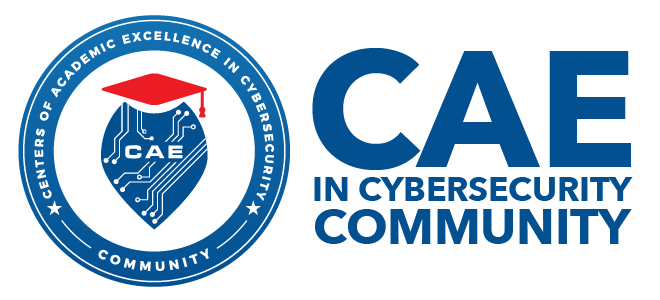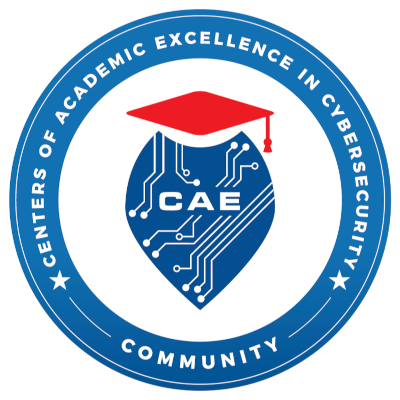Developing Competency Through Competitions
Most young people do not know what a cybersecurity professional is, the skills required to reach and excel at a high level or a pathway to pursue the goal of a cyber-based career. The joy and impact of learning cybersecurity through competitions is still in its infancy.

